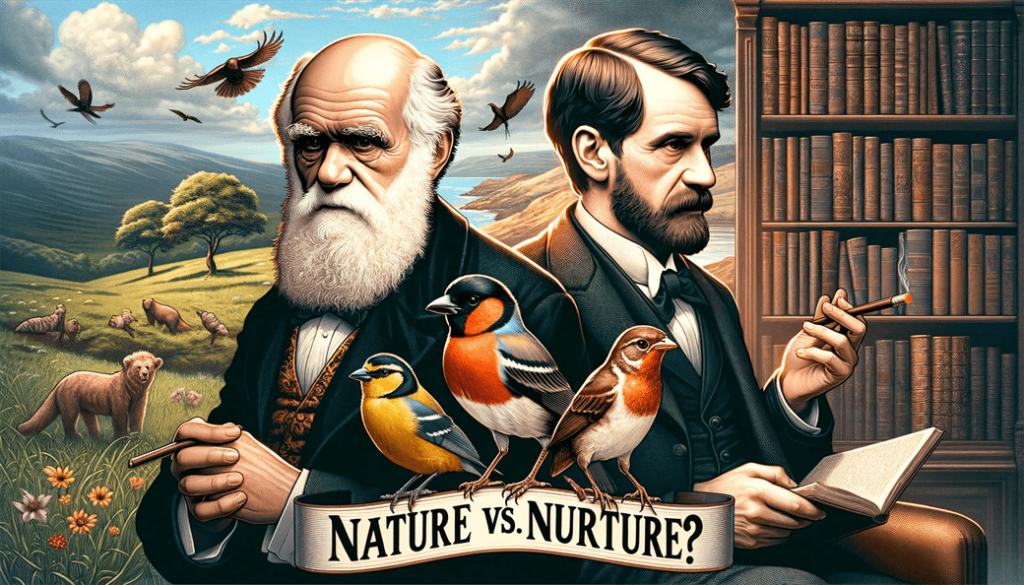Slowing down aging is possible and many longevity pathways could be activated when trying to prolong lifespan and to extend healthspan.
Aging is a problem for everyone. For the individuals who feel their decline and anticipate it eventually becoming rapid and unstoppable resulting in death. Aging is challenging for family members and friends who see their loved ones experiencing a decline. Aging is a problem for governments as pensioners and retirees are becoming a strain on the system. Slowing down aging one step at a time is what sole basis is about. Raising awareness, and educating individuals and organizations.
There are three key questions in regard to health and longevity.
- What is up to me and what can I control?
- How much of my health is up to me? As opposed to the genes I was born with?
- What aspects of my life do I have direct influence over through my actions and choices??
- What do exercise, sleep, diet, and environment do to promote longevity?
- How do I go about improving my health and changing my lifestyle for the better?
- Why is it that even when we know what is good and what is bad for us in terms of health, do we not act upon it with conviction regularly?
Addressing these questions allows us to find a working protocol to improve our health and to
1. What can I control? How much of your health is up to you?
Modern science allows us to recognize that it is often up to us to keep our bodies healthy, it is the lifestyle rather than genetics that has the most impact – a majority of the time. Your genes are also important but in the end, it is our responsibility to look after ourselves. It would be accurate to say that we inherit predispositions rather than characteristics.
Nature vs nurture, genes vs lifestyle.

The first question you’re likely to ask is how much of my health and longevity are predetermined. The genes that dictate how healthy you are and how easy it is to maintain that level of health?
How much of our health is up to our lifestyle and what rests on genes, how do genes influence our bodies?
Nature
Nurture
2. What can I do about my lifestyle?
What can I change in my lifestyle, including exercise, sleep, diet, and environment to be healthy to live longer and happier?
Different organisms and different people will experience changes in their health at different rates. There are many factors that influence the pace of the deterioration. Deterioration which speeds up toward the end of life becomes more evident. There are things we can do about our lifestyles to change the rate of decline or perhaps stop it altogether.
So an individual lacking in exercise will be unable to make the most of the rich balanced, time-managed diet. A lack of a rich balanced, time-managed diet will lower the psychological well-being and mental activity of an individual and so on.
So it is not a perfect diet alone, nor thorough exercise on its own nor just a positive mental attitude that will make you healthier, but rather a combination of them all. Improvement in all aspects of life may require discipline, time, financial resources, and personal commitment.
35%
30%
20%
10%
5%
Don’t forget the evolution that has brought you here
The determinants of health encompass biological, behavioral, sociocultural, economic, and ecological factors, reflecting our evolutionary heritage and adaptation to diverse environments. These determinants can be categorized into four core pillars: nutrition, lifestyle, environment, and genetics.
Each of these pillars represents essential aspects of our evolutionary history and influences on human health, forming the foundation upon which our well-being is built.
In a way, you can be both thankful for your ancestors and you can blame them for the decisions you are making and trying to make. The evolution of our species explains a lot in terms of what we are, what we do, and why we do it. It also explains aging to a degree.

Sleep and recovery
A prolonged series of sleepless nights and insufficient rest will hinder your body’s functions. The inability to sleep will accelerate aging. Everything from gadgets to sleeping on deformed old mattresses may impair your ability to recover and therefore stay healthy.
Let’s explore how to sleep like a pro. Invest accordingly.
Diet and nutrition
You are what you eat. You are what you eat, how you eat, how much you eat, and when you eat. All of these questions are relevant to your overall health picture. Then there are questions like should I drink before eating, should I exercise after eating, and how will that impact my health?
Let’s look into eating like a pro. Invest accordingly.


Exercise and physical activity
Physical activity is necessary to have the blood flowing through your body, reaching every cell, repairing tissue, delivering nutrients, and collecting waste. An active lifestyle helps to activate a lot of processes in all bodily systems.
Whilst slightly less important than sleep and nutrition, exercise can bring your well-being to the top level.
Stress and environment
You may have the best diet, you may get to go through exercise and then you enjoy proper sleep, but there are environmental factors to consider. What you breathe is something you can seldom control. Noise, the smoke of the city, pesticides released in rural areas, and temperature will affect your life.
Learn and explore how to minimize the impact of stress and a toxic environment


Other factors
A positive attitude to life may be situational but a more cheerful approach to life has many benefits. Mental exercise as well as stimulating mental activities also benefit the person. Maintaining a good posture, breathing methods, and other factors will also help individuals to age slower
Learn how to combine a bunch of smaller factors to maximize the health benefits of diet, exercise, sleep, and everything else.
All of these factors are interdependent, one mismanaged factor will impact and hinder the others.
So an individual lacking in exercise will be unable to make the most of the rich balanced, time-managed diet. A lack of a rich balanced, time-managed diet will lower the psychological well-being and mental activity of an individual and so on.
So it is not a perfect diet alone, nor thorough exercise on its own nor just a positive mental attitude that will make you healthier, but rather a combination of them all. Combining these factors may require discipline, but first, it requires understanding them and acting upon them.
One big part of this site is seeking to explore the motivational psychology of investing in your health.
Science offers the best chance of finding a way to live longer if not indefinitely, perhaps a reversal of aging altogether some time into the future.
Psychology of personal health management
What can I do about my lifestyle, including, exercise, sleep, diet, and environment to be healthy to live longer and happier?
What is being healthy anyway?
Health is a multi-layered issue. What would you consider an indicator of being healthy? What would be a good indicator of your overall health?
Health is a state of complete physical, mental and social well-being and not merely the absence of disease or infirmity. he enjoyment of the highest attainable standard of health is one of the fundamental rights of every human being without distinction of race, religion, political belief, economic or social condition.
World Health Organization Constitution
There are many definitions of being healthy.
As the state of health deteriorates with time, another definition of being healthy is aging at the slowest rate possible.
“Being healthy” = “Aging slowly“
Slowing down aging or aging slower, and being healthy is not the same thing, they are overwhelmingly correlated and interchangeable.
Being smarter, happier, and even more stress resistant have all been attributed to good health but there is so much more to being healthy.
Being healthy, aging slower, feeling happier, being smarter being more resistant to diseas
Energy levels
A lot of what we are is how much energy we have, you may observe that as we get older we get to do fewer things.
Older and unhealthy people often stay at home and a lot of that is due to a lack of energy, and desire.
Why do we experience low energy levels and how to fix it?
Resilience
Resistance to injuries, fungi, viruses, and infections of all kinds is a sign of health and youth.
The immune system requires an adequate supply of resources to fight infections. These resources have to come from somewhere.
The experience of the pandemic has taught us a lot about our immune system.
DNA and cellular health
DNA, the genetic code within every cell is robust and fragile at the same time. We need our cells and DNA to remain healthy
As building blocks of every organ, and our entire body, cells need care, calibration, and adequate resource flow to thrive.
DNA and cellular health are what will allow us to live long healthy lives.






